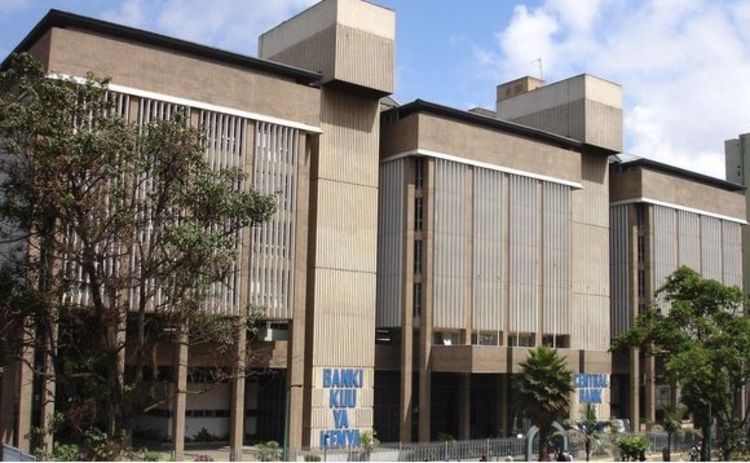Why Central Bank mulls changes in money supply management

Use of mobile money has increased the velocity of cash flows in the economy threatening price stability, Central Bank of Kenya (CBK) has said, adding that it will be changing the way it manages prices.
While announcing the publication of the whitepaper on Modernisation of Monetary Policy Framework and Operations, CBK said it is shifting the management of prices in the country using inflation forecasting models instead of merely controlling money supply.
“Kenya has experienced numerous constraints in conducting monetary policy under the aggregate targeting framework due to changes in the financial and economic environment,” it said in the paper
The aggregate targeting framework basically refers to the central bank controlling inflation by managing the volume of money in the economy.
CBK is, however, shifting towards data driven and transparent monetary policy, especially by the use of forecasting tools and market surveys to measure inflation expectations in order to build forward looking system.
The speed at which money moves through an economy, also called velocity of money is important in determining the impact of individual denominations circulating through an economy.
Commodity prices
Mobilemoney ensures money moves fast hence creating more money than that introduced in the economy by the Central Bank hence leading to higher commodity prices.
The monetary aggregate targeting is anchored on a stable and predictable relationship between money supply and inflation.
“However previous studies in Kenya show that this link has weakened due to proliferation of digital payments systems,” the centrak bank said in its white paper.
A whitepaper, is an informational document usually issued by an organization to promote or highlight the features of a solution, product, or service that it offers or plans to offer.
An earlier study done by the African Development Bank in 2014 pointed out that M-Pesa was partly responsible for the high inflation that was rocking the country at the time.















